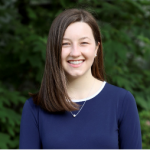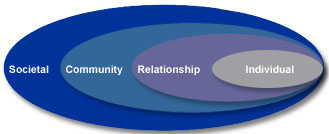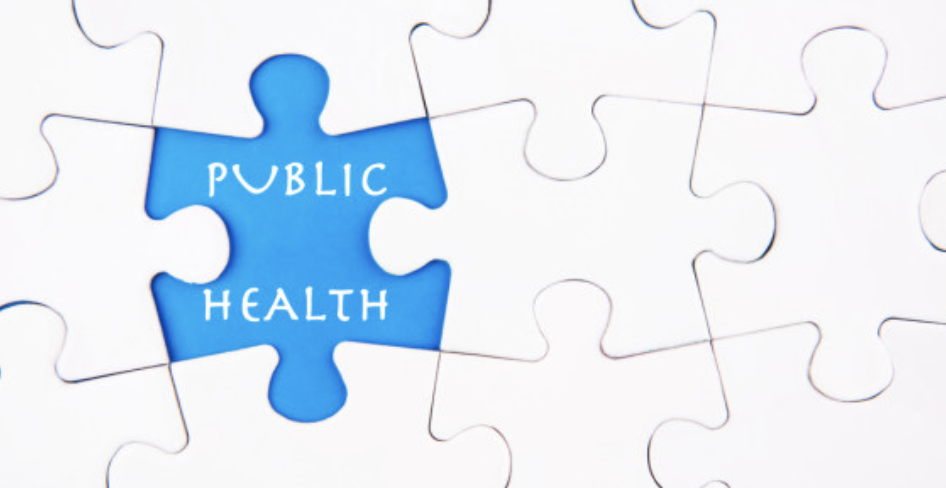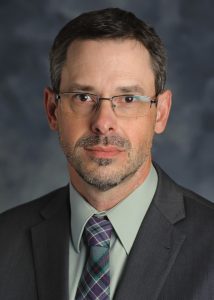
As I begin to deepen my own understanding of public health, I have looked to the socio-ecological model. To explore the connections between sociology, the community, and health outcomes, I interviewed Dr. John J. Green, a rural sociologist who has focused his attention on the health and wellbeing challenges faced by people living in rural and urban communities in the South. I hope you learn as much from him as I did.

Claire: Could you tell me a little bit about your journey, both as a researcher and resident, in Mississippi and how you got involved with your current work?
Dr. Green: I started doing work in social sciences broadly, and especially focused on Mississippi and the South and the Delta Region, starting as an undergraduate. The kind of questions that drove my interest were informed by my experience growing up. I grew up in central Illinois, a kind of factory town dominated by different industries related to agriculture.
There were a lot of economic problems facing rural communities and these mid-size industrial towns. I got to experience that, got to watch the impact on family and friends, and really was interested in how we can learn from these sorts of things and try to make future challenges not have such a negative impact and be able to adapt to those challenges.
What types of policies do we need? What types of programs, what types of assistance do we need to make things better? Rural sociology as a discipline is really engaged with applied questions, really helping organizations and policymakers and change agents to try to address these issues. So it was a perfect fit for me.
Claire: I know you’re in the field of sociology, but I think health to many people, oftentimes, seems like an individual thing. Why is sociology and a community-based approach so important in public health?
Dr. Green: From a sociology perspective, we can think about health, broadly defined, and well-being as good indicators of the broader kind of quality of life of a community and how people are doing. At the same time, we contribute to how people in public health are understanding these different social factors and forces that influence health and how people respond.
In public health, they’ll often use the term behavior; I really like to think about action. How do people individually and within groups, how do they take actions that influence health for good or for ill? What are the constraints on those choices? What are the ways in which we can give people more opportunities to take action?
So I think there’s a great fit between those on the social sciences and the public health side.

Claire: You’ve done a lot of work with rural communities and communities in the South surrounding development more broadly and health specifically, particularly in the Mississippi Delta. What are some of the unique challenges faced by these communities?
Dr. Green: I think there’s some intersecting factors.
I love the rural experience, but there are also some challenges that go with that, one of which is being kind of isolated physically from a variety of services and goods, whether it’s related to the availability of healthcare, being able to access fresh and healthful foods, whether it’s having the types of opportunities in terms of education, in terms of employment. There’s an isolation that goes with that because many of those things are more plentiful in more urbanized areas.
Additionally, the Delta region as a whole is kind of a little more rural and faces more of those types of issues of isolation than we see in other sub-regions and also the intersection of thinking about race and race relations and racial inequality. The other thing that I would say is how exploring those issues and how people have responded and what actions and strategies they’ve taken can be very illuminating, not just for the Delta, but for the country as a whole. In the face of those challenges, we’ve seen extreme examples of community organizing, of creating alternative systems.
Claire: What do you think are some ways to meet those challenges in law, policy, and practice? I’m sure you’ve got tons of examples, but if you could just think of maybe one you think is the most powerful.
Dr. Green: I think that the most powerful positive example of what we can learn from responding to that kind of intersection of challenges, but in such a way that can transform policy for all, is the community health center movement.
Coming out of the combination of the Civil Rights struggle and quickly changing agricultural landscape, combined with challenges of poverty, was this idea of community-based care. People talk now even about the importance of developing a medical home. The idea of the community-based health center movement was that the community should have a place to provide that care and that care should be holistic. To me, that’s always the most powerful example.
So the question then becomes, from a policy perspective, what worked out of those initiatives, what didn’t work, what can be scaled up? And also, how can we help invest in that? So as a nation, we’ve now invested in those types of health centers across the entire country. And I think there’s more of those types of examples that we can learn from within these types of communities and hopefully build more effective policies.

Dr. Green is from central Illinois but moved to Mississippi with his wife in his early twenties and has since called it home. He received his BA in Political Science and MS in Sociology from Mississippi State University followed by his PhD in Rural Sociology from the University of Missouri-Columbia. He was a faculty member at Delta State University for nine years working with both the Division of Social Sciences and History and the Center for Community and Economic Development. He served as Professor of Sociology and Director of the Center for Population Studies at the University of Mississippi for ten years. He currently serves as the Director of the Southern Rural Development Center headquartered at Mississippi State University.
More from Claire Bunn here.
BCPHR.org was designed by ComputerAlly.com.
Visit BCPHR‘s publisher, the Boston Congress of Public Health (BCPH).
Email [email protected] for more information.
Click below to make a tax-deductible donation supporting the educational initiatives of the Boston Congress of Public Health, publisher of BCPHR.![]()
© 2025-2026 Boston Congress of Public Health (BCPHR): An Academic, Peer-Reviewed Journal
All Boston Congress of Public Health (BCPH) branding and content, including logos, program and award names, and materials, are the property of BCPH and trademarked as such. BCPHR articles are published under Open Access license CC BY. All BCPHR branding falls under BCPH.
Use of BCPH content requires explicit, written permission.